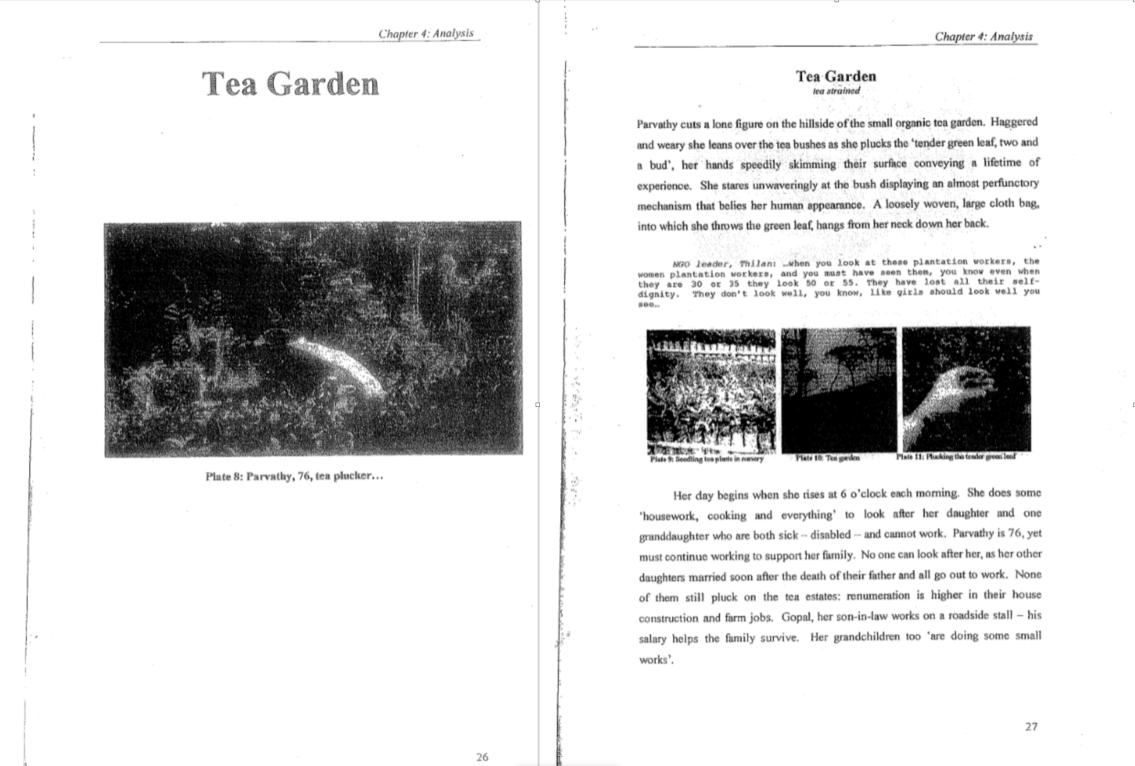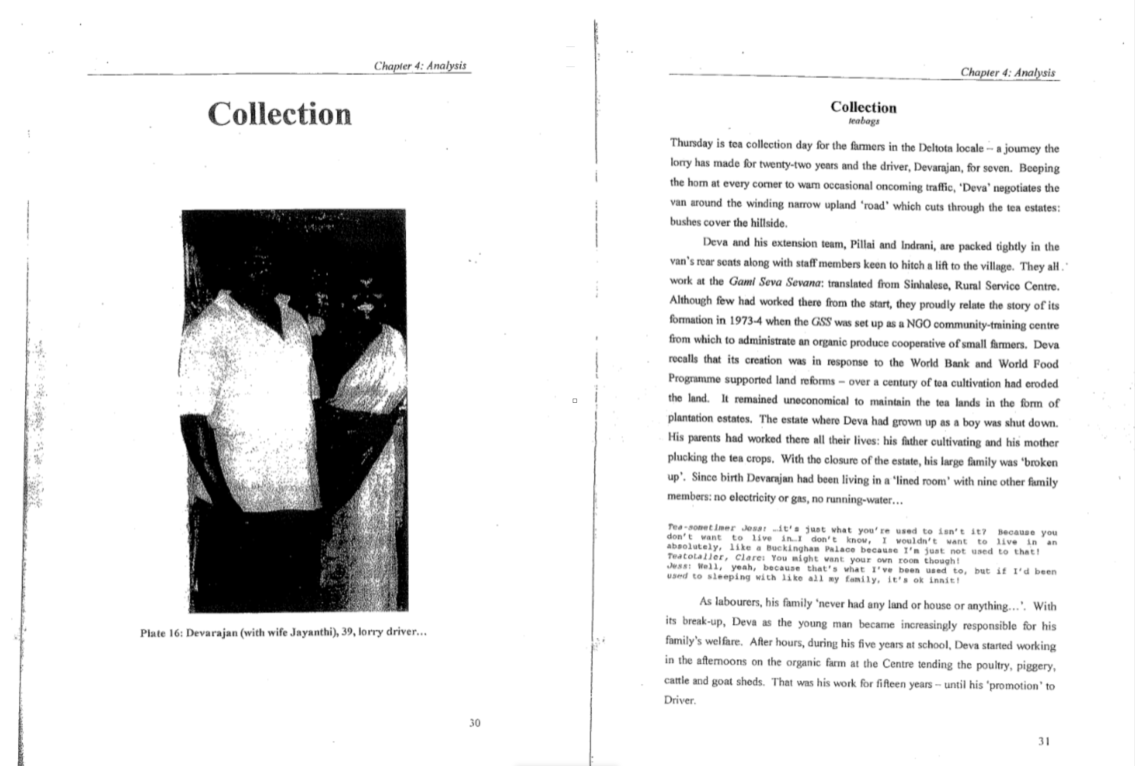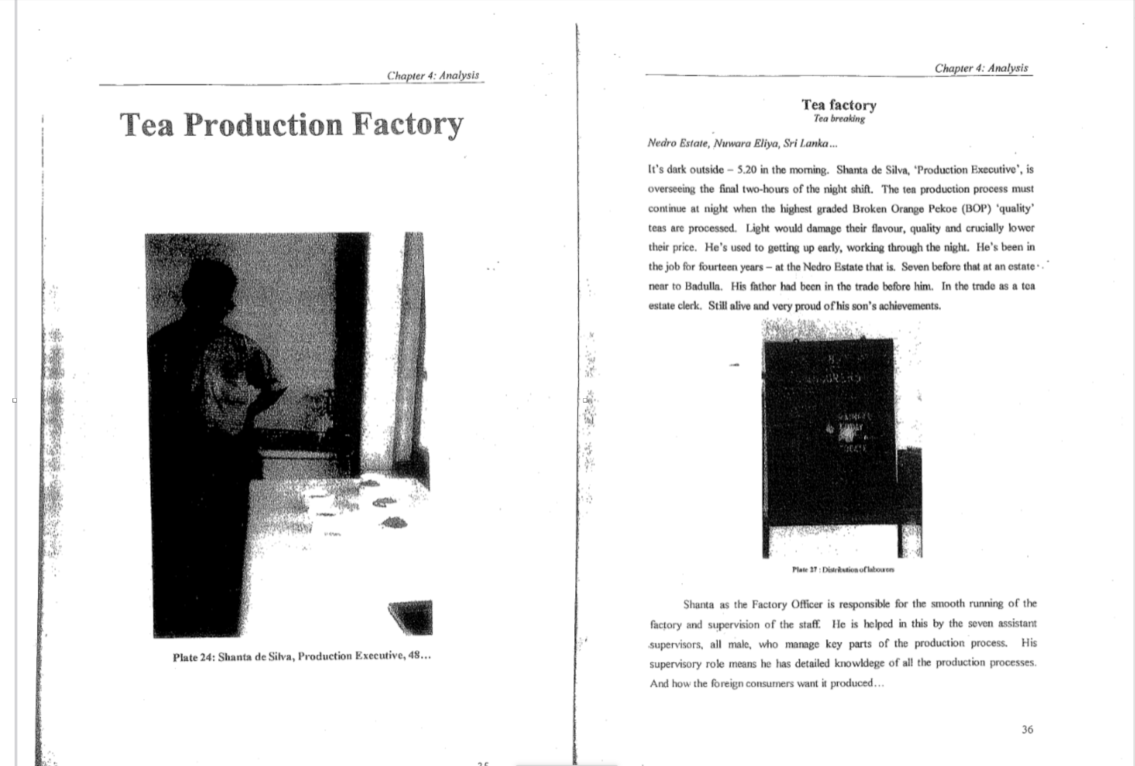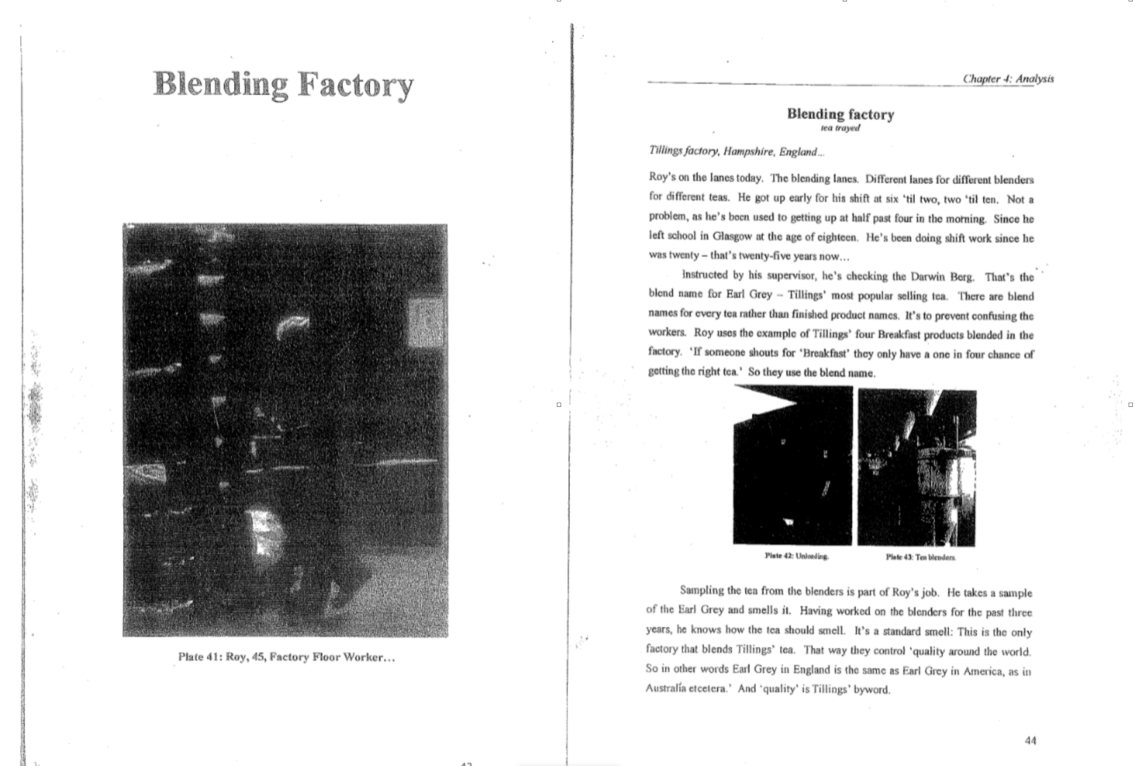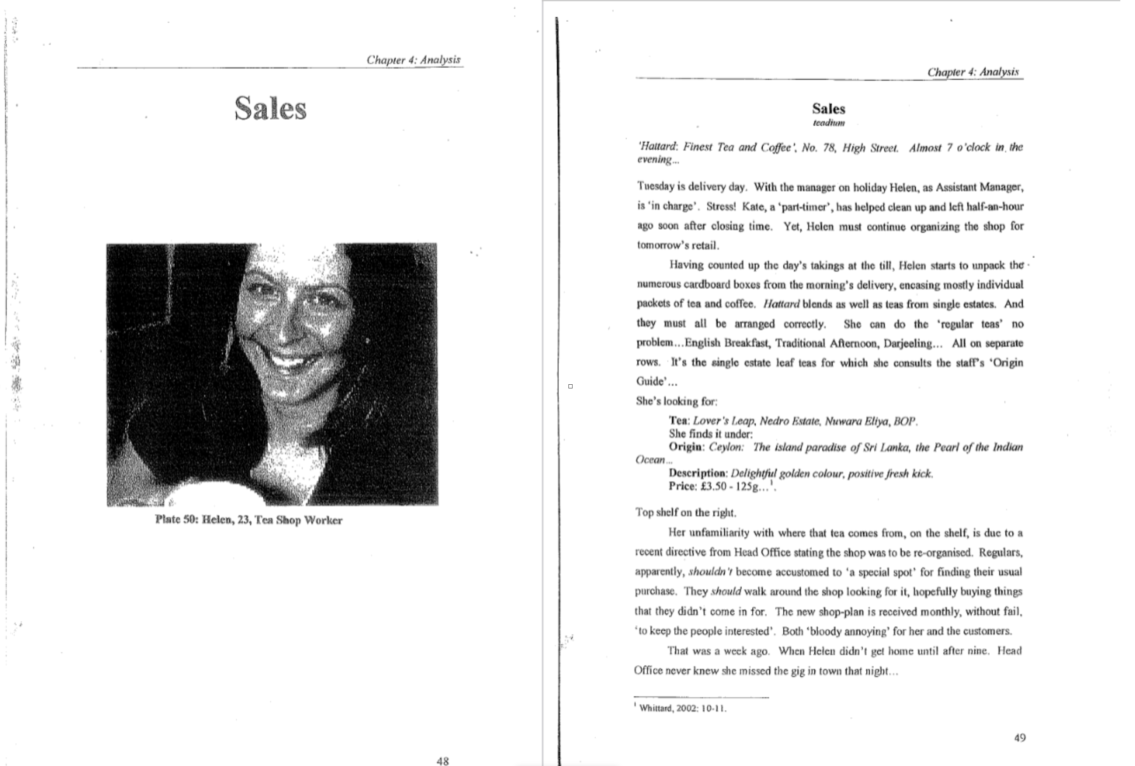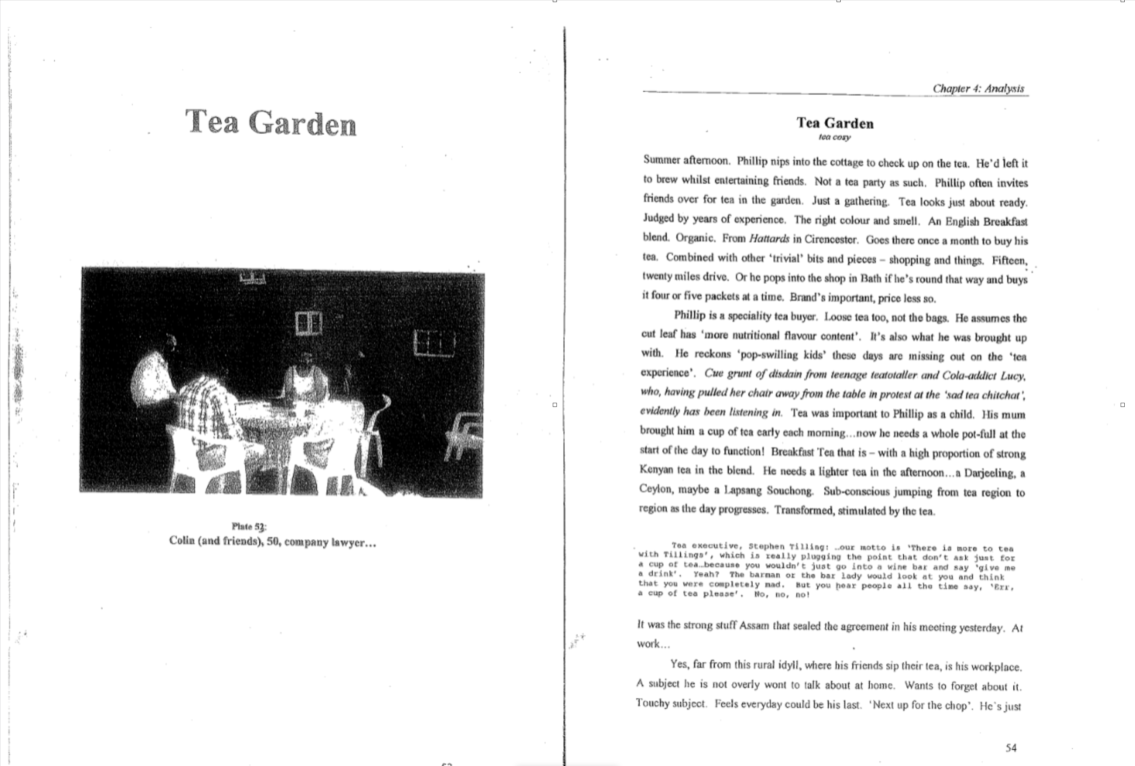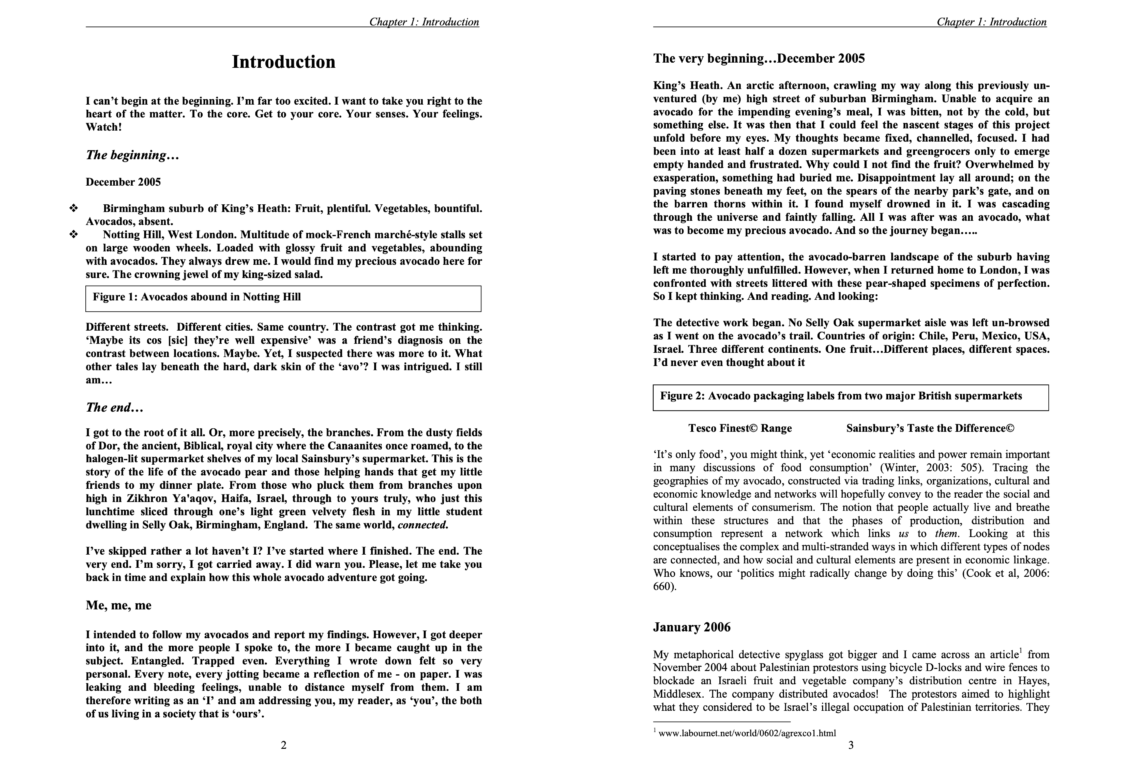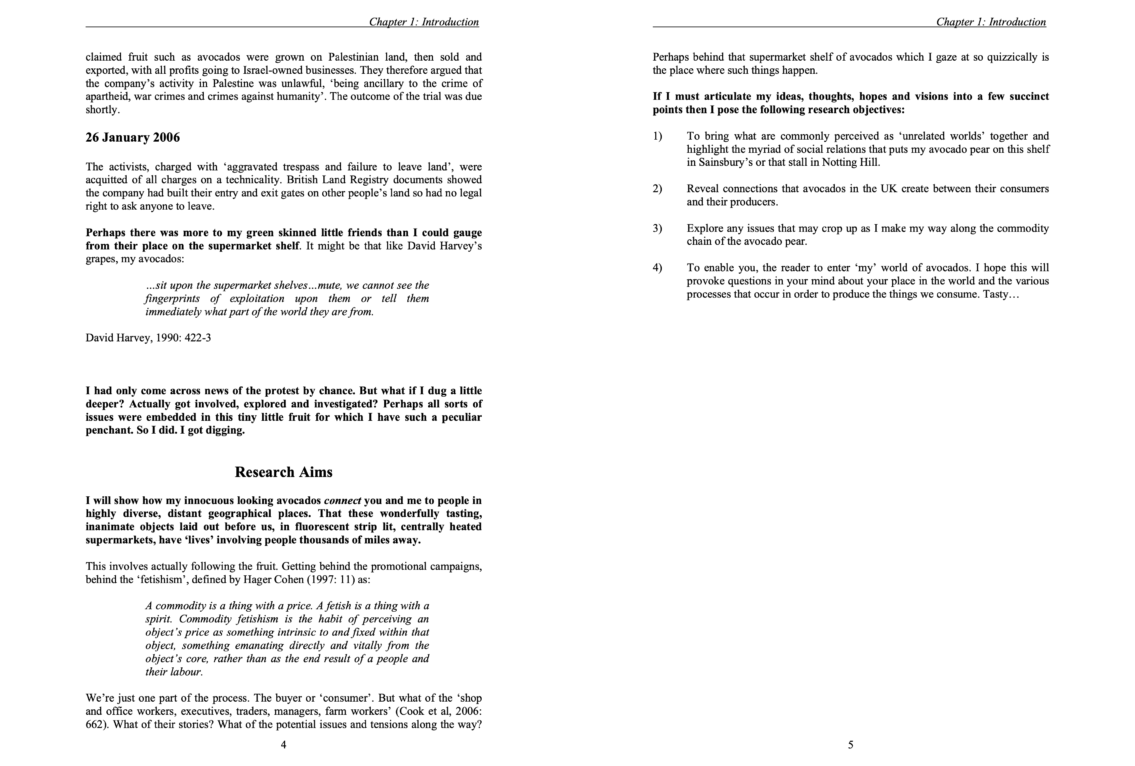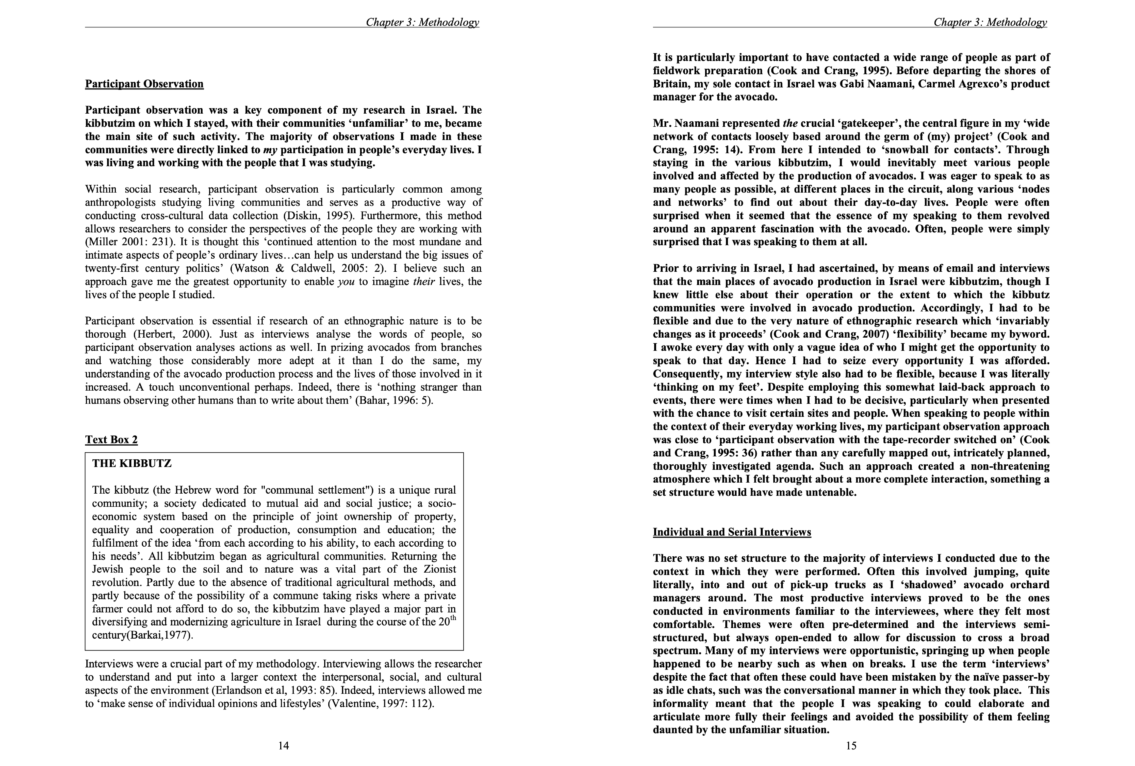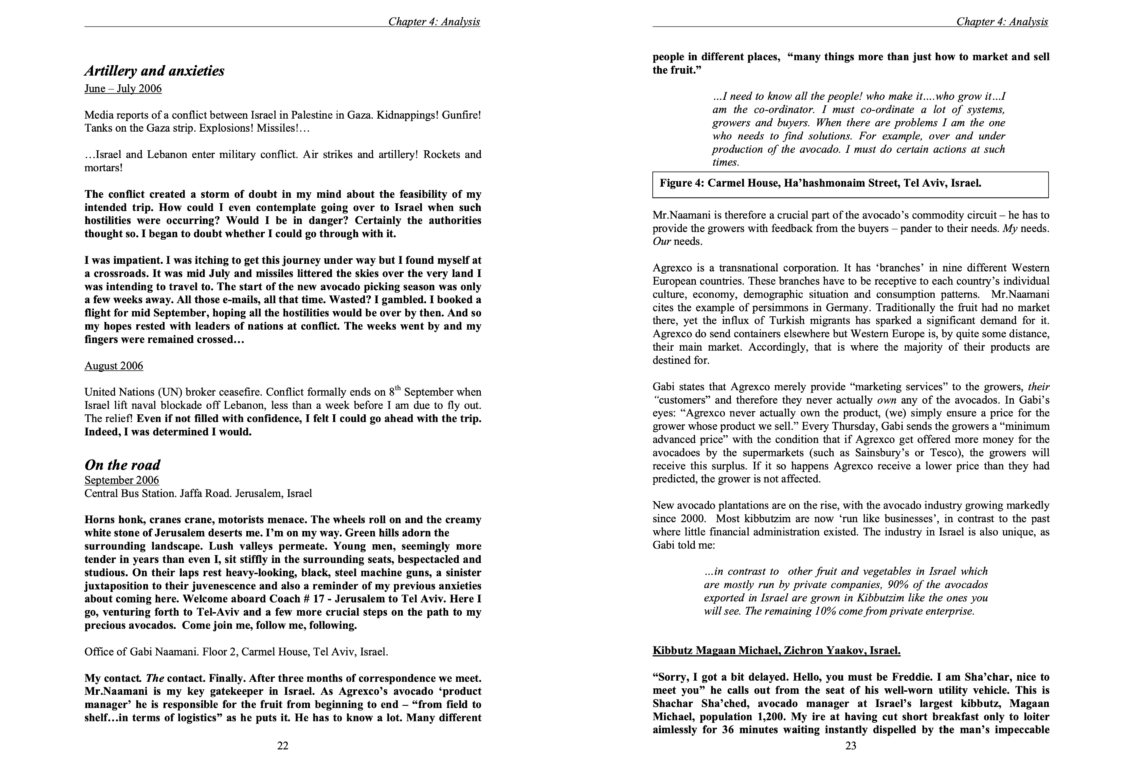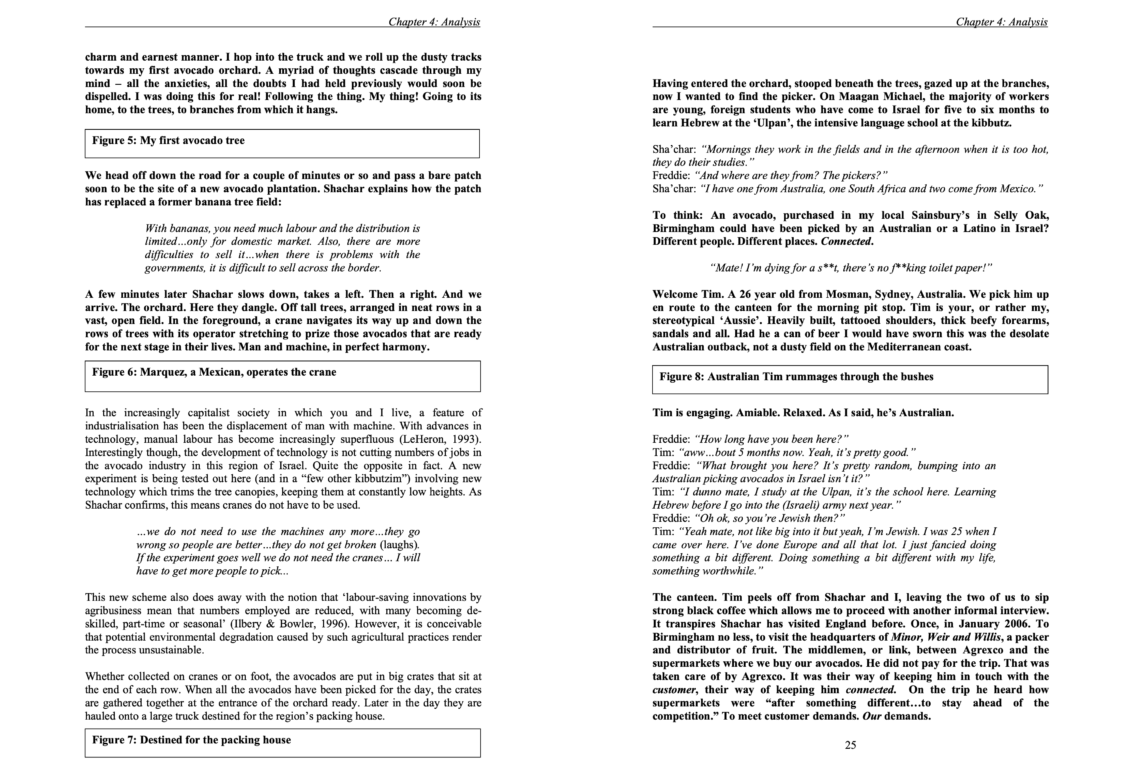
followthethings.com
Gifts & Seasonal
“Letter from Masanjia”
Documentary film starring Sun Yi, directed by Leon Lee, co-written by Sun Yi, Leon Lee & Caylan Ford, in English & Mandarin with English subtitles.
Vimeo trailer and pay per view stream embedded above [may not work in your region]. Check here and here for other streaming options, and here to purchase and here to borrow a DVD or Blu-ray copy [may not work in your region].
One of the earliest examples of trade justice activism that we researched and added to our store was a letter that went viral in 2012 [it’s here]. Oregon, USA shopper Julie Keith had found a one page handwritten note in a box of Kmart Halloween decorations. It was a ‘message in a bottle’ from a prison labour camp in China. It asked her to forward it to the World Human Rights organisation, because these decorations had been made by political prisoners who were being tortured and forced to make these things. The letter was anonymous. She posted a photo of it on facebook asking for help. Soon, the story of the letter was featured in her local newspaper, and was picked up by international news outlets like CNN and the New York Times. They were eager to expose the scandal and to find the person who had written it. The New York Times found him: they called him ‘Mr Zhang’ who was no longer in jail. But the story then reached China via an online post – published and quickly deleted – that caused outrage on Chinese social media. Writing that letter had had the most amazing impact. Doing what its author had asked had had the most amazing impact. China’s ‘Re-education Through Labour’ programme was abolished, and 160,000 political prisoners were released from its prison labour camps. But the New York Times journalist wasn’t the only person who found the author. A Chinese filmmaker living in Canada called Leon Lee had also tracked him down. The author had watched his banned-in-China documentary about the human organ trade in China via a VPN connection. For that film, Leon Lee had interviewed former inmates of the notorious Masanjia labour camp where the author had been incarcerated. He’d used his contacts from making that film to find him. Lee talked to him via an encrypted Skype call. They decided to make a film about the letter, the labour camps, and political repression in China. But Lee was barred from China. If he’d travelled there, he’d have ended up in jail, or worse. So he trained the letter’s author – now happy to use his name Sun Yi – in covert filmmaking techniques, and how to smuggle encrypted hard drives to Canada to get the footage to Lee to make the film. The film that Lee made – Letter from Masanjia – had two parts: one looked back on the story of Sun Yi’s incarceration, decoration-making, letter writing and smuggling (illustrated by cartoons Sun Yi drew himself), and the other documented his ongoing persecution by the state after release for his past and continued activism (including making this film). When letter from Masanjia came out, it was a sensation. The plot was so unbelievable, so i-have-no-idea-what-will-happen-next, so emotionally complex, that it had to be true. Festival audiences around the world were blown away. It’s a classic ‘follow the thing’ narrative – people in other parts of the world make the things that Western consumers buy in horrible conditions. Here, however, the worker is in the narrative’s driving seat, first writing and smuggling the letter, and then filming (and drawing) the story that’s edited for release. The risks he has taken, and the calm, determined demeanour he shows in the process, amaze the film’s audiences. As does the meeting that takes place between him and Julie Keith in Jakarta, which ends the film. As does Sun Yi’s death in suspicious circumstances at the end of the filming. As well as being a hugely emotional producer-meets-consumer story, and a hugely brave and tragic success story of trade justice activism, Letter to Masanjia message is both anti-capitalist and anti-communist. There’s something in it for everyone. Any exposé of something ‘Made in China’ can do that. It generated tons of discussion and debate, which we’ve tried to capture below. This Halloween tale is incredibly scary.
Page reference: Ian Cook et al (2025) Letter from Masanjia. followthethings.com/letter-from-masanjia.shtml (last accessed <insert date here>)
Estimated reading time: 123 minutes.
Continue reading Letter from Masanjia ![]()

